#AutomotiveIndustry
CEO of Embattled Jaguar Land Rover Explains the Road Ahead
Last week, we examined the precarious situation impacting the way Jaguar Land Rover does business. If you want the abridged version, JLR isn’t sure what to do about Brexit, overestimated the Chinese market, and is concerned with tightening emission rules in Europe. The company’s now mulling the layoff of a sizable portion of its workforce to stem financial losses while parent company Tata considers what life might be like if it sold off its British properties.
Refreshingly, JLR isn’t secretive about its problems and doesn’t attempt to spin them into something positive. It knows it’s confronting real problems. It wants us to know that, too.
Zotye Confirms T600 As Brand's First U.S. Market Model
At this point, it feels that every Chinese automaker has delivered an unrealistic promise of bringing fresh product into the United States within a couple of years. Last November, Zotye, Ford’s partner in Asia with a penchant for producing copycat models of European cars, announced plans to bring something over in 2020.
The firm now claims that the T600 crossover — which looks in no way like something from Volkswagen Group; certainly not an Audi Q5 or VW Touareg — will be first model in line for a boat trip to America.
Yet Another Bailout for Faraday Future
Faraday Future, the contentious automotive startup that always seems to find (and then lose) sizable amounts of cash, has announced it has once again managed to secure new funding. According to its press release, Faraday says will receive $225 million in bridge financing via a funding round led by Birch Lake Associates.
While the bulk of the cash will go towards paying off vendors, some of which have filed lawsuits, around 40 percent will be left over to help get the FF91 to market and prove the company can actually build a car. The strategy seems risky, but it may be Faraday’s best bet at this point.
How Are Autonomous Vehicles Supposed to Make Automakers Money?
As we continue reporting on how costly mobility projects, connectivity, and autonomous development are weighing on automakers’ bottom line, readers want to know exactly when these endeavors will become profitable. While the path for data acquisition and in-car marketing is fairly clear, self-driving cars are new territory. But it’s all speculative. Logistical, ethical and regulatory issues abound — and legislators seem rather poorly informed on the technology in general.
For now, companies have a pass to test autonomous vehicles in limited quantities across the United States. The next move, which some firms (like Waymo) have already undertaken, involves adapting test-bed AVs for use in commercial fleets. Profitability is another matter, and concerns are mounting that the technology isn’t ready and might not be for some time.
Ford's Earnings Show That Saving Money Can Be Expensive
Automakers find themselves a bit of a pickle right now. The shift towards “mobility” has resulted in high development costs for electric and autonomous vehicles in the midst of stagnating sales growth. There’s also a trade war hurting global demand and impacting supply chains. Ultimately, this resulted in a lackluster Q1 for many manufacturers.
Ford’s situation was symbolic of the industry’s general plight, per its 34-percent decline in net revenue for the first quarter of 2019, but it wasn’t without a warm ray of hope. The company posted a 12-percent increase in earnings (before before interest and taxes) over the same period due to North America’s consistent desire to own SUVs, crossovers, and pickups. Ford’s share price also improved, hitting the $10 mark for the first time since August of 2018 on Friday.
With all that good news, many probably wonder what caused net revenue to climb into the toilet like an overly curious ferret. As it turns out, saving money can be pretty expensive.
Carlos Ghosn Re-released From Japanese Jail
The embattled ex-patriarch of the Renault-Nissan-Mitsubishi Alliance has posted an additional $4.5 million in bail. Beyond some new indictments regarding his alleged misappropriation of corporate funds, not much has changed regarding the case. Ghosn and his legal team continue to maintain his innocence, suggesting that Nissan orchestrated the entire ordeal as part of a industrial coup and further supported by Japanese courts that are perpetually hungry for convictions.
Unfortunately, everyone is making a pretty good case. The claims against Ghosn appear legitimate, but so do the accusations that Nissan’s entire investigation was primarily concerned with removing him from power. Similarly, Japan’s extremely high conviction rate and treatment of Ghosn have raised red flags in regard to his civil rights and whether he can expect a fair trial.
Toyota Has a Big Announcement for Canada Next Week
Toyota Motor Manufacturing Canada (TMMC) plans to make a major announcement on Monday regarding its North Plant in Cambridge, Ontario. These days, such news automatically drums up concerns of layoffs and factory closures. However, Toyota’s announcement sounds as though it will be relatively positive in nature, focusing on production changes.
While the corporate release gave no additional details as to what the announcement might entail, Toyota said the message will “will serve to further reaffirm Toyota’s commitment to manufacturing in Canada.”
USA to the Rescue? Jaguar Land Rover Banks on American Excess During Troubled Times
Jaguar Land Rover finds itself in a truly unfortunate situation. Like many manufacturers, it mistakenly presumed China would be a continual source of sales growth. But JLR also has to contend with the uncertainty of Brexit and tightening emission rules across Europe. The one-two-three punch helped contribute to the $4.4-billion loss the company posted in its latest quarterly earnings report. Having also lost cash in the previous two quarters, the automaker says it will probably need to reduce its 42,500-person workforce by around 10 percent this year.
While there isn’t much to be done about the economic uncertainties surrounding Brexit, which now seems to be perpetually stalled, China really should have been better to JLR. Unlike their mainstream counterparts, luxury vehicles have fared much better in the Asian market. Unfortunately, it was not to be for Jaguar Land Rover; the company is now looking at North America the way an injured tightrope walker might view a safety net.
Trade War Watch: It's Okay to Feel a Little Sorry for Harley-Davidson
Last summer, the European Union imposed an additional 25-percent import duty on top of the existing 6-percent tariff levied on large motorcycles. Established as a response to the United States’ duties on steel and aluminum, the move crippled Harley-Davidson’s ability to thrive in the European market — a region that accounts for about one-sixth of its global volume.
While much of the media is focused on framing Donald Trump for Harley’s plight, the situation is a little more complicated. The president’s tariffs did indeed spur the EU’s retaliatory fees, but it was Europe that decided to place its crosshairs upon the iconically American motorcycle brand.
Nissan-Renault Relationship Has Not Improved, Despite Assurances to the Contrary
If Nissan and Renault were a living, breathing couple, they’d be the duo all of your other friends whisper about. They’d be the couple with the big house and seemingly successful children that everyone knows fights bitterly in the evenings — screaming at each other before retiring to their separate bedrooms. The relationship, while healthy in terms of financial productivity, has grown toxic on the corporate end of things.
Less than one month after Renault’s new chairman claimed a merger would be out of the question, the French automaker is once again pushing for integration. Nissan is having none of it and plans to reject the proposal outright, according to reports from Nikkei.
The Kids Aren't Alright
For roughly the last decade, we’ve heard the motoring media bemoan Millennials as the generation that snubbed driving. Their inability to find and hold jobs that paid as well as their parents’ did at the same stages of life, combined with elevated costs of living and crippling student debt load, negatively impacted their purchasing power. Still, this generation might be just the tip of an iceberg the industry’s about to careen into.
As it turns out, Generation Z might even be less interested in cars. In addition to facing similar financial constraints as their older peers, most of them aren’t even bothering to get a driver’s license.
Nissan Supports Notre Dame Restoration, Ditto for Relationship With Renault
Nissan Motor Co. has pledged a donation of 100,000 euros ($112,000) for the restoration of the fire-kissed Notre Dame Cathedral in Paris. However, the company’s act of kindness is overshadowed by its rather interesting timing. Nissan’s relationship with partner Renault and the French government has grown strained since the arrest of former Alliance boss Carlos Ghosn — now back in jail after his fourth arrest and rumored to be facing indictment on new charges early next week in Japan.
Then again, the fire at Notre Dame was an extremely high-profile incident, leading to the donation of millions in charitable contributions for its repair. Where it not for the elevated tensions between the company and Renault/France, nobody would question Nissan’s motives in the slightest.
Doing the Math Yields More Bad News for China's Auto Industry
Over the past several years, the Chinese government embarked on an aggressive electric vehicle push, hoping to mitigate the nation’s severe air pollution, reduce its reliance on oil imports, and foster a high-tech manufacturing sector that could put the rest of the world to shame. The result of these efforts? Hundreds of new EV companies, propped up by Chinese subsidies and investors, with no real future.
While it was known that most of these startups would never make it to the finish line, estimates of their survivability rate has grown increasingly bleak. For a time, it was assumed that most would die out — leaving anywhere between 5 and 10 percent to reach the assembly phase. However, NIO Capital’s Ian Zhu posited that the number was likely closer to 1 percent last August.
China is now pulling back its support, with many believing the industrial bubble is about to pop. And they have the math to back it up.
GM-Rivian Talks Break Down, but Rivian Doesn't Seem Worried
General Motors has been negotiating with Rivian, the Michigan-based company developing some of the slickest EVs we’ve seen in a while, over the possibility of purchasing an equity stake in the promising startup. Following news that Amazon was leading a $700 million round of funding in Rivian in February, reports came streaming in that the biggest of The Big Three would likely become the startup’s next backer.
The rumored deal was expected to result in GM bringing an electric pickup to market sooner than anticipated, with Rivian seeing a boost to its funds and manufacturing capabilities. However, talks don’t appear to have progressed as expected.
Chinese Auto Market Continues Its Decline; U.S. Future Also Looking Bleak
China’s auto sales declined for the ninth consecutive month in March, further proving that the market isn’t as infallible as once thought. The assumption was that, as North America surpassed peak growth and flattened out, Chinese auto sales would continue an upward trajectory. But, while China did surpass the U.S. in becoming the world’s largest auto market, it’s not living up to its billing as a golden goose.
That’s not to suggest the U.S. is about to stand triumphantly atop that mountain. Automakers are issuing profit warnings for 2019 and Moody’s Investors Service expects light vehicle sales to fall 1.2 percent this year.
“The accommodative financing environment that had helped buoy U.S. car sales is receding. Maintaining operating and financial discipline will be crucial [for 2019],” the bond credit rating business advised.




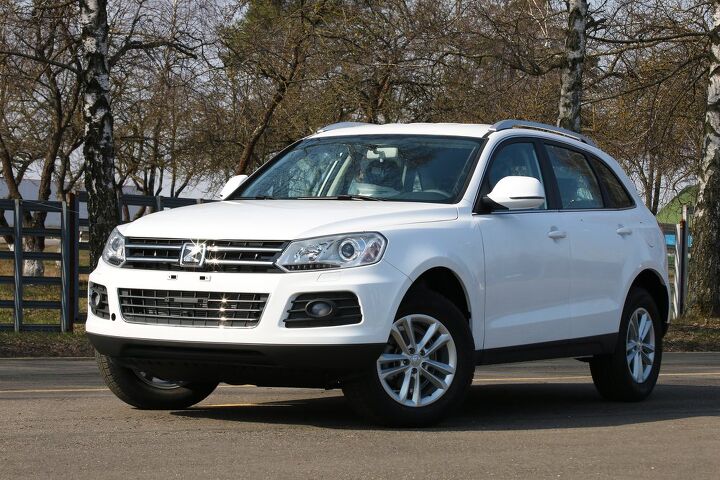




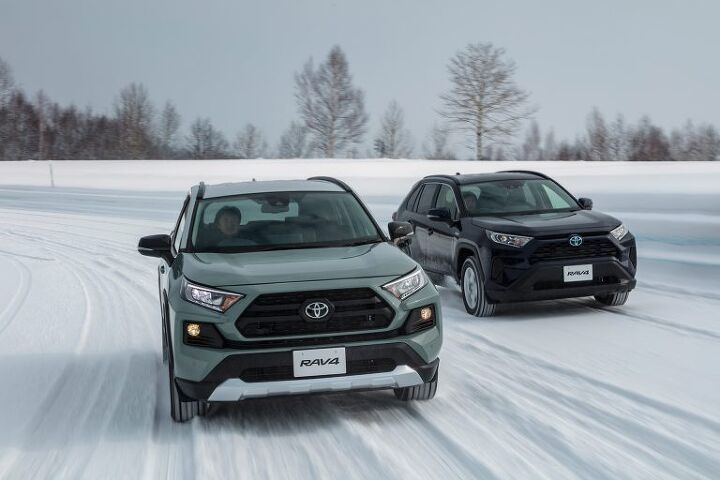
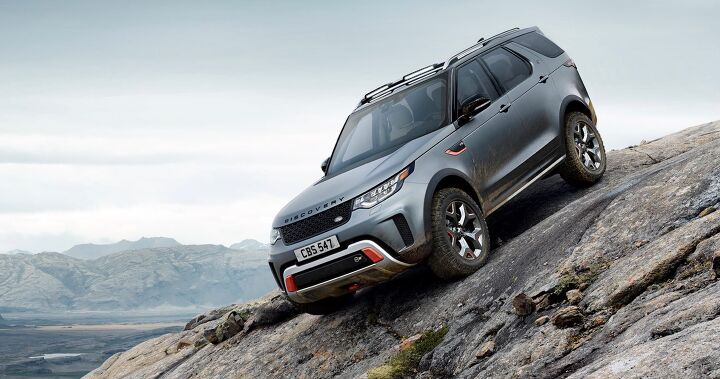
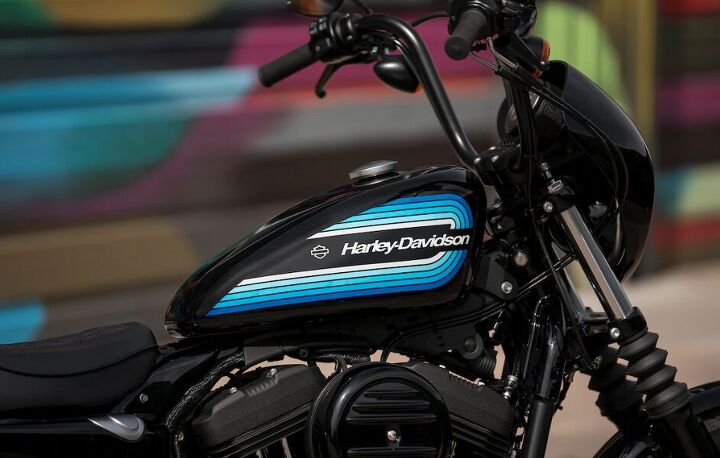



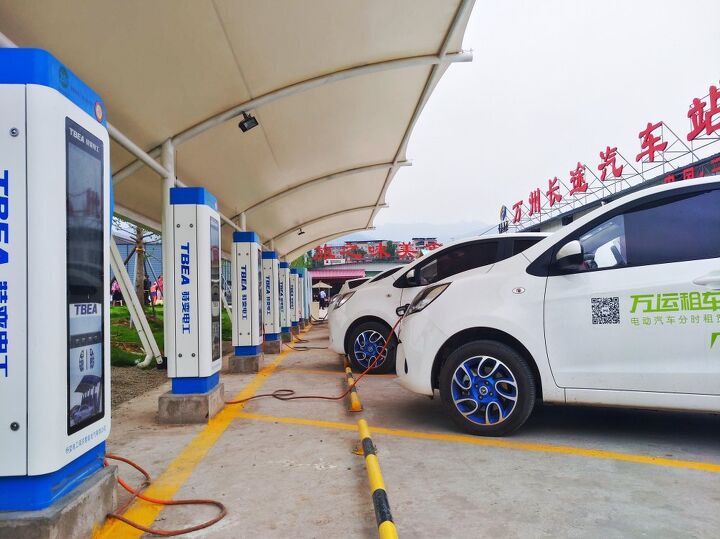
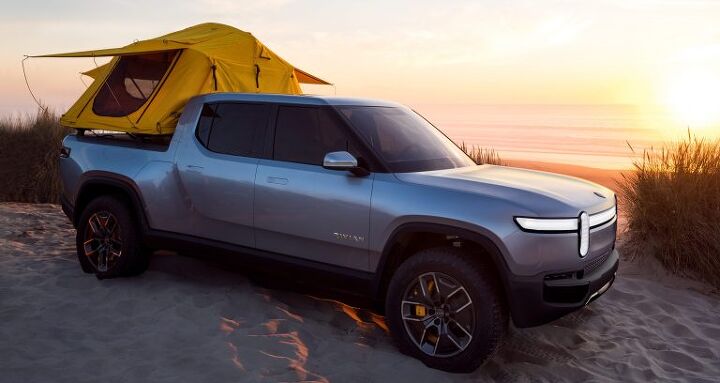












Recent Comments